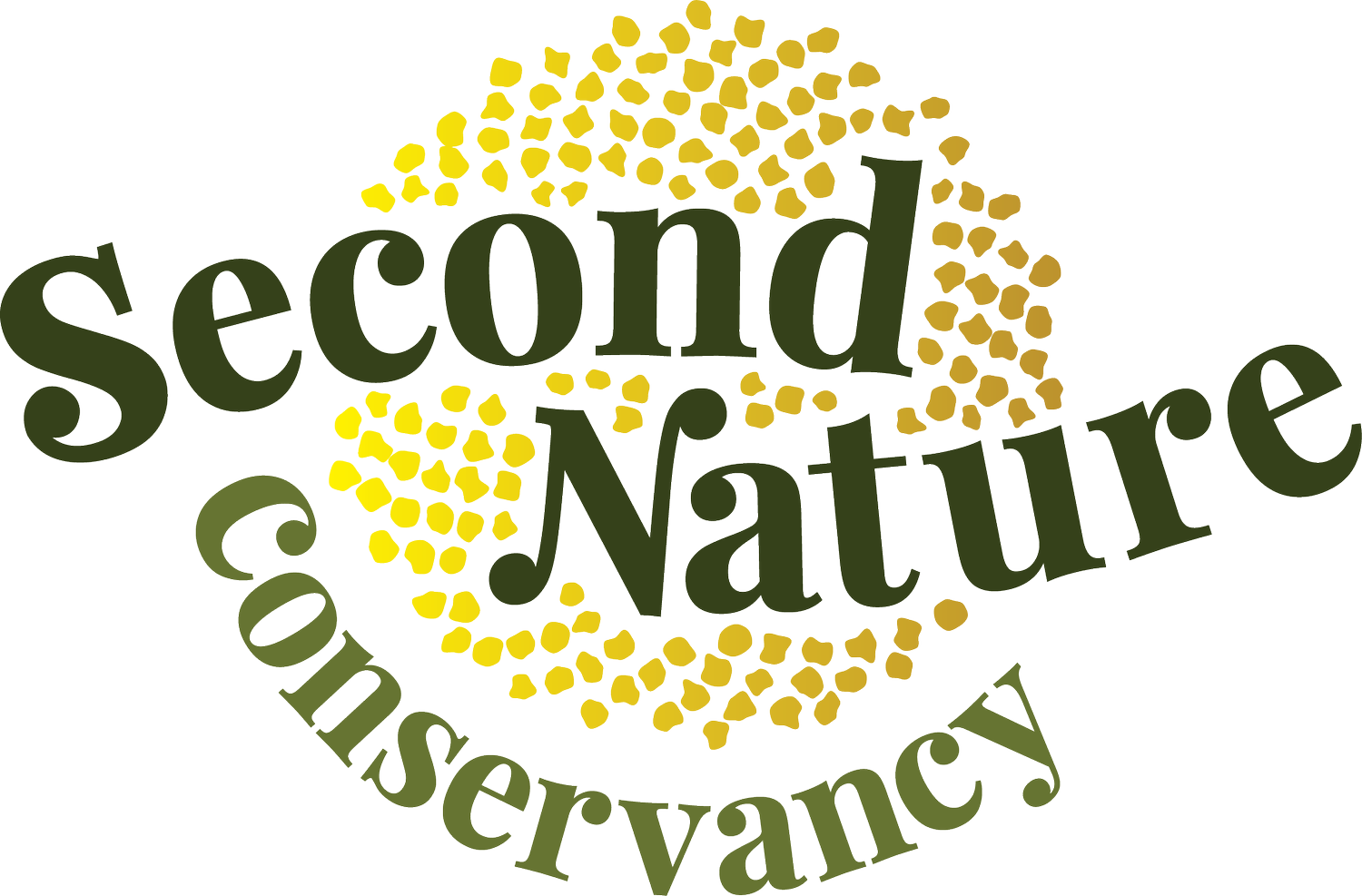The Mount Barker
Wildlife Gardening Nature Project
This nature project is a collaboration between
The Mount Barker District Council and Second Nature Conservancy.
The Objective
Mount Barker Wildlife Gardening is an annual project to encourage residents of the Mount Barker District Council to plant local native species in their gardens.
Native plants are so important to enhancing biodiversity and providing essential food and habitat for wildlife in our urban environment. Pockets of native vegetation across our suburbs provides wildife such as native birds opportunities to move across the landscape, accessing shelter, water and food along the way.
This project provides subsisided packs of plants each year to Mount Barker households, along with resources about native plants. The project also has its own dedicated Facebook Page!
Further Details…
This project achieves the provision and planting of 4,000 local native plants in the Mount Barker Council area every year.
Packs of 20 local native plants are sold every Autumn for $25, subsidised by Council. The species are selected for their biodiversity value and suitability for the home garden. Opening of plant pack sales are promoted on social media by Second Nature and Mount Barker District Council, the packs are limited and always sell out.
Purchasers will receive a random selection which may include grasses, sedges, groundcovers, and small to medium shrubs. Examples of species in previous years include Hardenbergia violacea, Ficinia nodosa and Acacia acinacea.
Resources about how to care for your seedlings, wildlife gardening and sustainable garden design are all available for free, the project also has its own Facebook page which regularly shares information such as planting tips and events.
All plants are propagated and raised at the Mount Barker Community Nursery supported by a wonderful group of volunteers.
Interested in volunteering for nature at the Mount Barker Community Nursery? Working bees are held on Thursdays, for more information get in touch!



